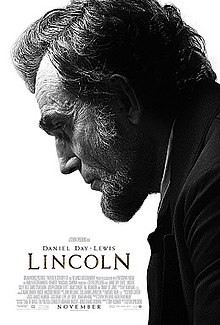
Click on the title to check on the call number and availability in the Library Catalog
 Colonial triangular trade : an economy based on human misery
by
Colonial triangular trade : an economy based on human misery
by
 Lincoln
by
Lincoln
by
 The Early industrialization of America : "from wharf to waterfall"
by
The Early industrialization of America : "from wharf to waterfall"
by